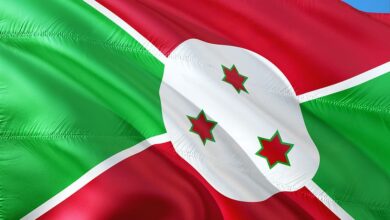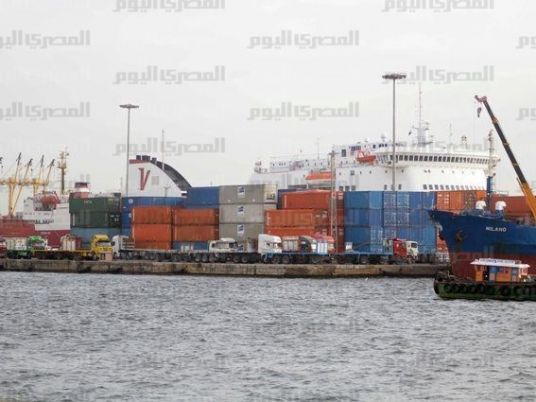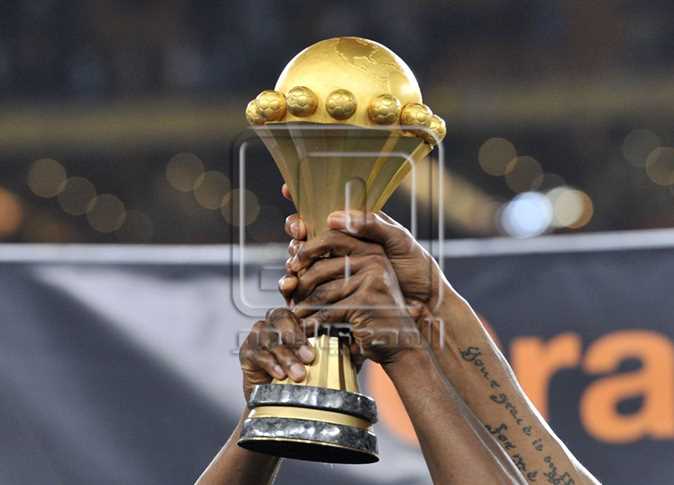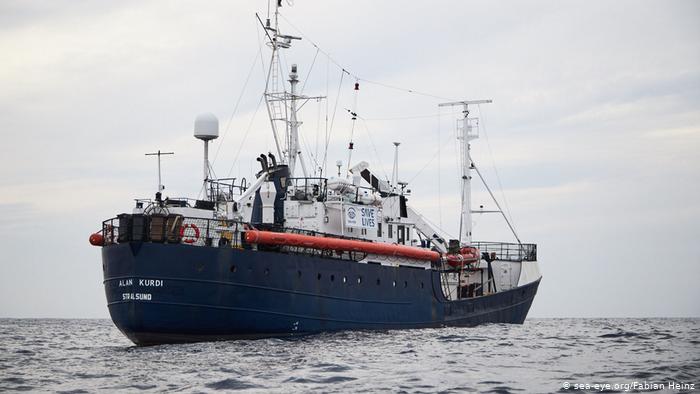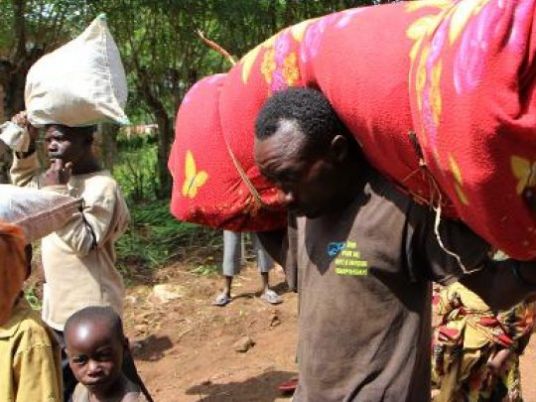
Burundi is at "crossroads" ahead of key elections, the UN rights chief said Wednesday — between a fair vote that would boost the country and a route back to its "horrendously violent past".
"I will put it bluntly: as I prepared for this mission, I talked to many knowledgeable people, within and outside the UN, in Geneva and New York," UN High Commissioner for Human Rights Zeid Ra'ad Al Hussein told reporters in Bujumbura.
"They were all, without exception, alarmed about the direction the country appears to be taking."
Zeid warned that the pro-government militia Imbonerakure, the youth wing of the ruling CNDD-FDD party, was threatening the smooth running of the "pivotal elections".
"The root of many people's fears — and many people in Burundi are very afraid — is the militia of the Imbonerakure," he said.
"This militia, which openly supports the government, appears to be operating increasingly aggressively and with total impunity."
Burundi, a small landlocked nation in central Africa's Great Lakes region, emerged in 2006 from a brutal 13-year civil war, holds general elections in May to elect lawmakers before a presidential poll in June.
Tensions have risen over incumbent President Pierre Nkurunziza's bid to seek a third term in office, despite the constitution stating a president can only be elected twice.
With the opposition and civil society groups mobilizing, there are worries the landlocked country is on the brink of trouble once again.
"The country is at a crossroads," Zeid said, saying that "free and fair elections which would strengthen and mature Burundi's still fragile democracy."
But he also warned of fears that leaders would take "the path of violence and intimidation aimed at subverting democracy for the sake of gaining or maintaining political power, the path that could potentially lead back to Burundi's deeply troubled, tragic and horrendously violent past."
Opposition politicians and critics say the government is doing all it can to sideline political challengers ahead of the elections, including arrests, harassment and a clampdown on free speech.

